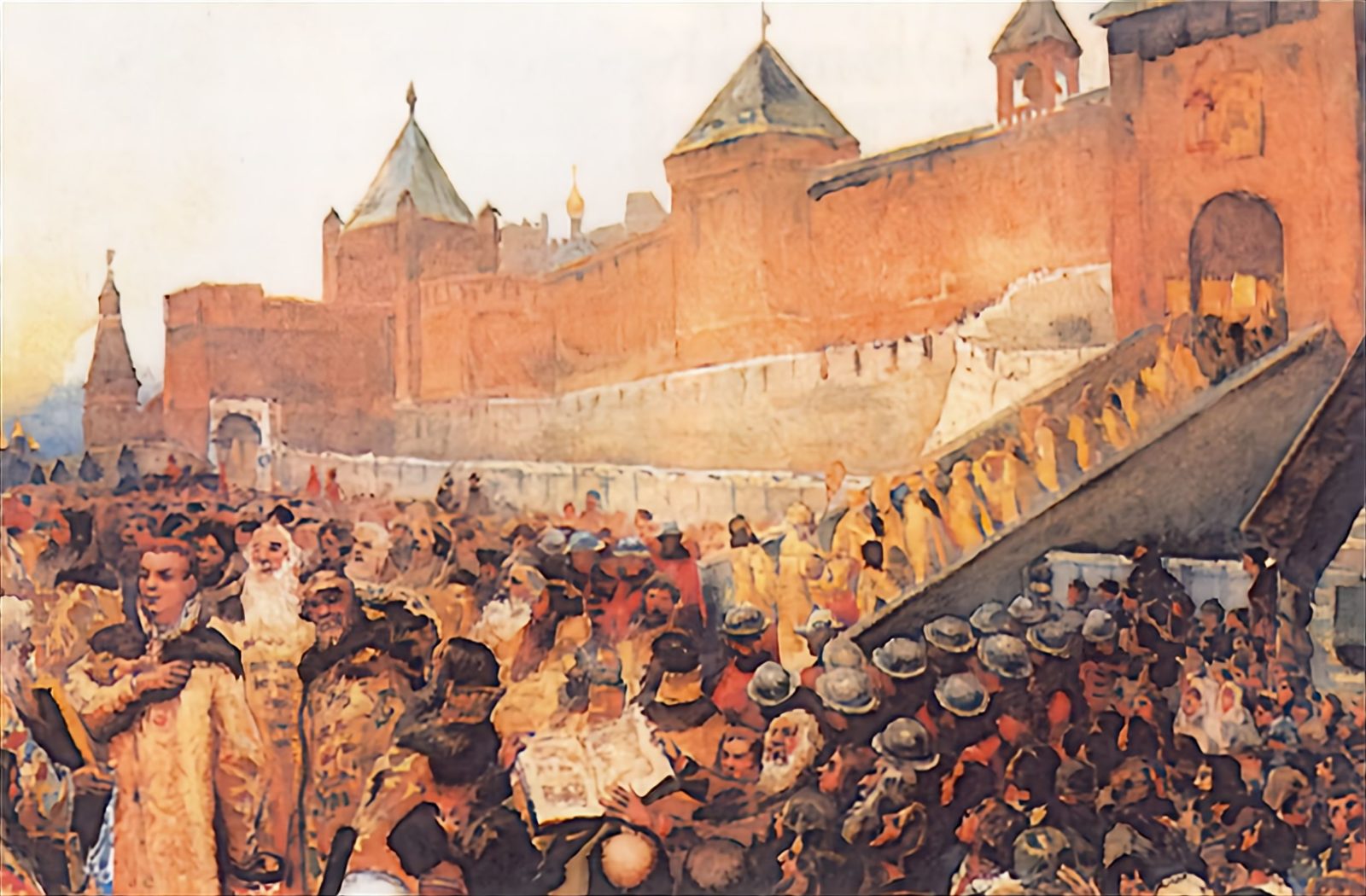(De-)Constructing the Demetrius Myth. On the Reception of a Russian Narrative in the German-Speaking World (1900–1933)
Doctoral Researcher
Ekaterina Grineva

In my PhD project, I would like to investigate a specific modification of the so-called ‘Demetrius material’ within the literary networks of modernity. I will examine different readings of the Demetrius story among German and Russian-speaking writers and artists, using approaches from the history of cultural transfer and entangled history. My aim is to find out which images of the Russian historical past are produced using the example of the Demetrius story as well as how these images are transformed in the discourses of modernity.
In the analysis, I would like both to discover the reasons for a frequent recourse to the Demetrius theme and to describe the development and transformation processes of the story around Demetrius in various literary and media forms. Due to numerous German-language as well as Russian-language adaptations of the Demetrius material in, for example, literature, opera, music, and film, a multitude of research questions arise: Why is the story of the false Demetrius particularly important within German-Russian cultural transfer processes around 1900? Which ideologies, power bases, and societal political stakes aroused interest in the Demetrius myth? Which actors, events, publications, or ideas contributed to the German-Russian cultural transfer in relation to the Demetrius play? And how was it perceived or modified in Europe?